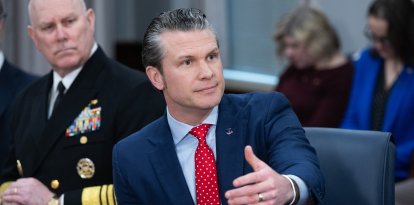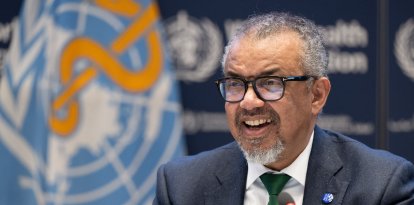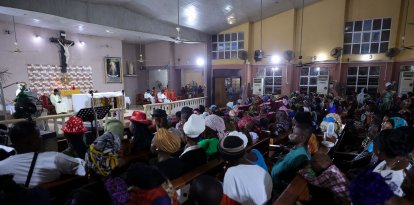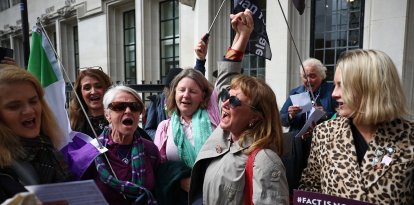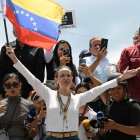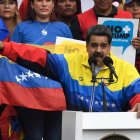90% of Venezuela rejects Maduro and the majority identifies with the right wing
The study, which analyzes the distribution of political tendencies in the country, reveals that the support base within Chavismo has weakened significantly.
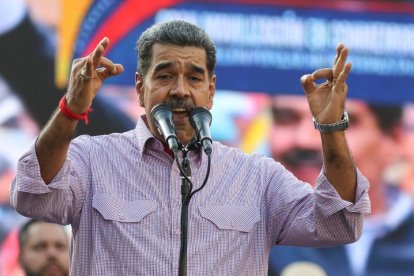
Nicolás Maduro
A recent survey by MassBehavior Research shows that Nicolás Maduro faces a majority rejection, even within leftist sectors in Venezuela.
The study, which analyzes the distribution of political tendencies in the country, shows that the majority of Venezuelans do not back the dictator, and his base of support within Chavismo has been drastically reduced.
Widespread rejection
According to the data collected, 90% of Venezuelans are against Maduro. The surveyed population is divided as follows:
- Right and center right (47%, 12%): In this group, only a reduced 2% support Maduro, mainly businessmen and financial sectors linked to the regime, MassBehavior Research explained to VOZ.
- Left (28%): Within this sector, only 1 in 6 people still support Maduro, equivalent to 5% of the total electorate and barely 16% of the original followers of chavismo.
The left is divided
Due to disillusionment with Maduro, many followers of chavismo have begun to look for new options. They no longer trust the United Socialist Party of Venezuela (PSUV) and have split into several groups: the Popular Revolutionary Alternative (APR), the Popular Historical Bloc (BHP) and the Communist Party of Venezuela (PCV).
"This sector manifests greater willingness to vote and continue constitutionally fighting Madurismo, however, there is evidence that an important sector of them, would not question any other type of exit of the PSUV from power," explained MassBehavior Research during an exclusive interview with VOZ.
Dictatorship responds with censorship and repression
In an attempt to contain the growing discontent, the Maduro regime has intensified censorship and persecution of critics. Recently, opposition leader María Corina Machado denounced an attempted assault on her home by unidentified men, reflecting the climate of harassment towards opposition figures.
In addition, Maduro has proposed a new constitutional reform that seeks to adapt the 1999 Constitution to his needs and strengthen his power. The reform would cover 80 of the current 350 articles and seeks to consolidate an autocratic model, which has generated concern among jurists and the opposition about its implications for the political and economic stability of the country.
RECOMMENDATION

